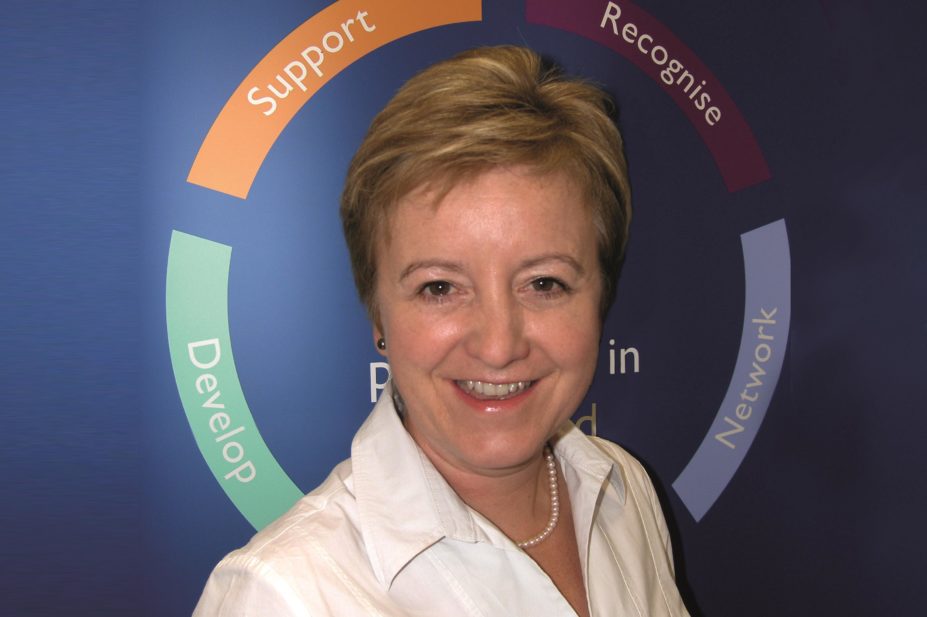
Royal Pharmaceutical Society (RPS)
All GP practices would benefit from, and patients should have access to, the expertise of a pharmacist, says a joint statement from the Royal College of GPs (RCGP) Scotland and Royal Pharmaceutical Society (RPS) Scotland, published on 13 October 2016.
The statement outlines the guiding principles for the evolving role of pharmacists working in GP surgeries and is the culmination of four years of work between the RCGP Scotland and RPS Scotland. It aims to break down the barriers between general practice and pharmacy and encourage collaboration between the professions. “We strongly believe that patient care can be improved through greater synergy between GPs and pharmacists,” it says.
Aileen Bryson, practice and policy lead at RPS Scotland, comments: “The joint statement has been developed to support both GPs and general practice-based pharmacists by illustrating the most appropriate ways in which pharmacists can contribute to the practice team.
“It outlines guiding principles to make the most effective use of the very different skill set a pharmacist brings to the wider primary care team, focusing on medicines-related issues and provision of pharmaceutical care.”
There is no universally adopted job description for the role of GP practice-based pharmacist; however, the principal aim of the new Scottish Government-funded pharmacist posts is to widen the primary care team and support GP practices.
According to the RPS Scotland and RCGP Scotland, the role of general practice-based pharmacist should be “professionally autonomous” and “primarily patient-facing”. The list of roles for pharmacists outlined in the statement include: reducing inappropriate polypharmacy; reviewing patients on high-risk medicines; ensuring complete and accurate medication records; supporting patients through changes post-discharge and moves between care settings; and encouraging and supporting people with long-term conditions.
The statement also stresses that the role of pharmacy technician and administration staff in supporting pharmacists and GPs “should not be overlooked”.
“Having had a pharmacist in the practice team for many years now, I can see how this improves the quality of care within the practice by increasing patient access to the wider healthcare team,” says Elaine McNaughton, deputy chair of policy at RCGP Scotland. ”Having [pharmacy] expertise in all aspects of medicines available to the whole team is a tremendous resource to free up GP time for more complex care.”
RPS Scotland and RCGP Scotland emphasise that it will take time to build the necessary capacity for pharmacists to work in GP practices and that the role will vary across different practices and out-of-hours services.
They recommend that pharmacists entering the role have advanced clinical skills and are working towards an independent prescribing qualification. NHS Education for Scotland and RPS Scotland are developing a national General Practice Clinical Pharmacist Competency and Capability Framework with four levels of competency.
“I would urge all GPs and practice-based pharmacists to use the recommendations as a building block to develop the pharmacist role they require for their practices and their specific patient populations to improve overall patient care,” Bryson adds.

